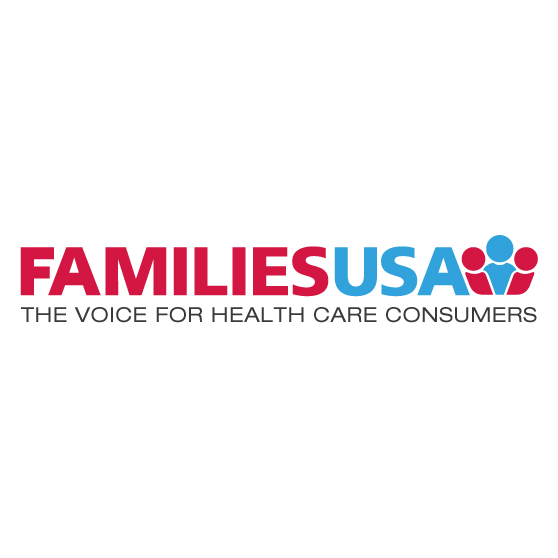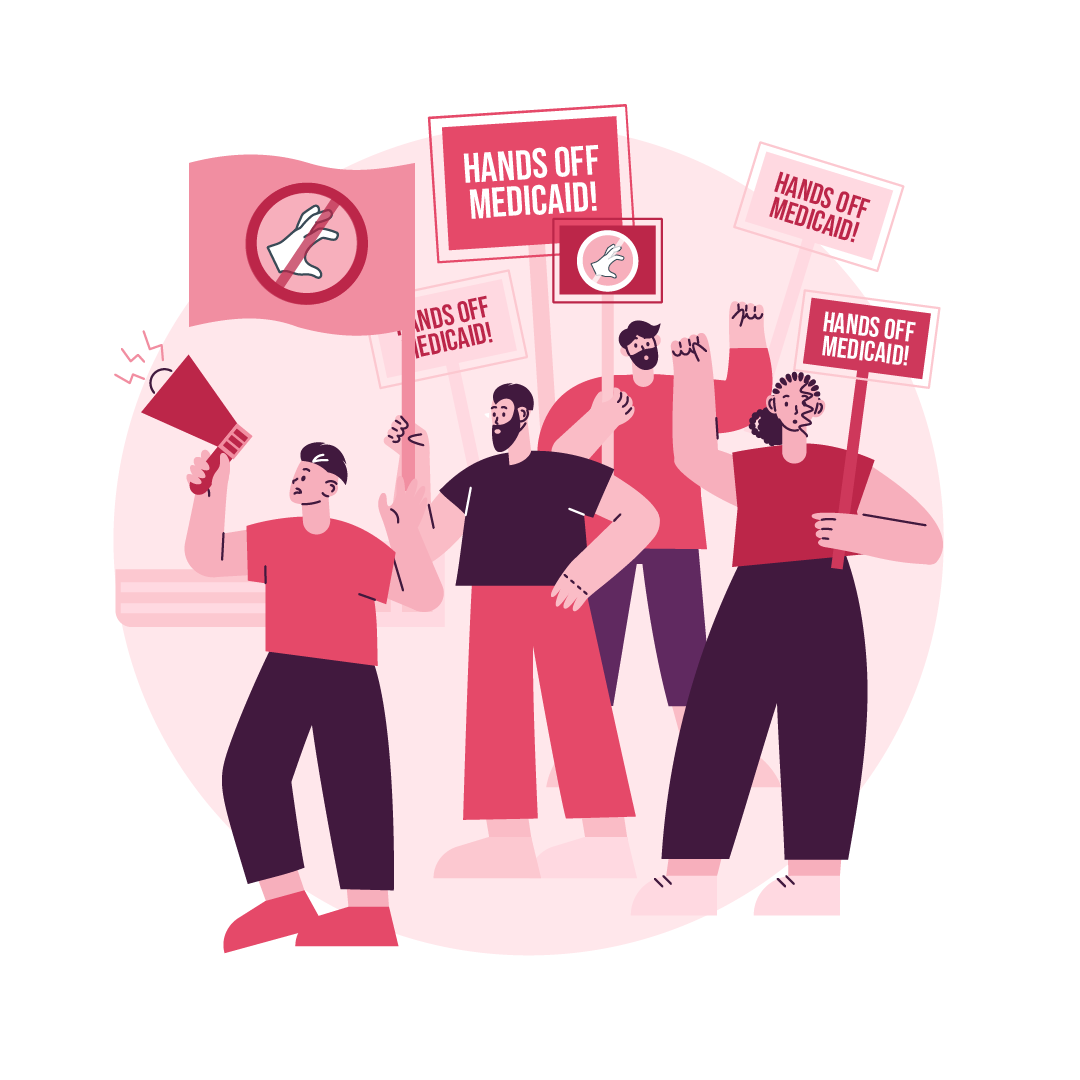
Senate Health Bill Grants Trump Administration Dangerous and Unfettered Power
By Stan Dorn,
07.25.2017
Most analyses of Senate health care repeal bills have rightly focused on the damage those bills would cause for people’s coverage and care, consumer protections, and state budgets. However, an additional concern is that Senate health legislation would give the Trump Administration extraordinary power over state budgets, providing leverage that could be used to shape state policy on a broad range of issues.
As Sara Rosenbaum of George Washington University and I explained in a recent Health Affairs blog post, the Senate is debating legislation that gives the Department of Health and Human Services (HHS)—and ultimately the White House — substantial, unfettered authority to decide which states get money and which states lose it. Whether red, blue, or purple, states have reason to fear the potential for overwhelming federal pressure demanding states to toe the line of whatever administration is in power.
Congress asks HHS to make the rules
The most recent version of the Senate health care repeal bill empowers HHS to:
- Revise federal caps on Medicaid per capita spending however HHS deems appropriate if the agency believes there are “data quality” problems with information a state provided to set applicable caps
- Deny Medicaid funding needed to meet public health emergencies if the HHS Secretary concludes that the state’s use of such funding would be “inappropriate”
- Decide, virtually without statutory limits, how much money states receive for opioid treatment and stabilization of health insurance marketplaces
- Determine which provisions of the Medicaid statute apply to states that implement the Senate bill’s Medicaid block-grant option
Such an outsized role for executive branch agencies is an inevitable feature of health care legislation being rushed through Congress at warp speed. Health care issues are “incredibly complicated,” as the President famously observed. If Congress can’t take the time needed to resolve those issues, legislators must ask HHS to do so.
States and localities will be pressured to dance to the administration’s tune
Federal health care funding is vital to state budgets. Federal Medicaid money represents 1 out of every 6 dollars that states spend on their total operating and capital budgets combined.
Handed extraordinary power by the Senate’s health care repeal legislation, HHS could exert pressure on states and localities to comply with the administration’s policy preferences, whether related or unrelated to the particular funding stream being promised or threatened. States that please the administration could be amply rewarded with federal money that fills state budget shortfalls. States that displease HHS could be punished with funding denials that precipitate severe state fiscal problems. States would likely feel great pressure to dance to HHS’s health policy tune.
The same is true of localities that operate public hospitals. Both under Medicaid and new insurance stabilization grants, the Senate health care repeal bill lets HHS decide on funding for public hospitals and clinics. It does not take much imagination to envision what the Trump Administration might do with this power.
An administration brazen in its attempted use of leverage
The current administration has been unabashed in its attempted use of leverage to extract desired concessions. For example:
- At a meeting with insurers, the Administrator of the Centers for Medicare and Medicaid Services reportedly offered to pay insurers’ cost-sharing reductions if the insurance industry would agree to support the House proposal to “repeal and replace” the ACA.
- The President has repeatedly threatened to “let Obamacare [marketplaces] fail” as a strategy to bring Democrats to the bargaining table.
- Until he was restrained by a federal District Court judge, the President ordered the denial of almost all federal grants to cities that refused to cooperate with the Administration’s immigration enforcement practices.
Future administrations as well as the current administration could use leverage granted by Senate health legislation to coerce state action on a broad range of policy issues. But the current administration’s willingness to deploy its power aggressively makes it particularly worrisome that Congress is using a legislative approach virtually guaranteeing that, if a health bill is signed into law, the Executive Branch will receive substantial, unfettered authority.




